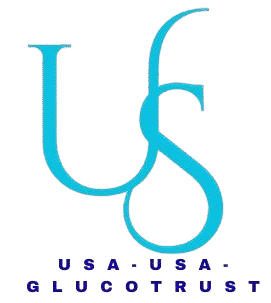Eco Fashion: Pioneering Sustainable Style
Eco fashion is rapidly evolving as an essential movement within the apparel industry, encouraging consumers and brands to prioritize sustainability and ethical responsibility. This revolution is driven by a growing awareness of the environmental and social impact of traditional fashion practices. From sourcing materials to manufacturing and consumption, every step can be redesigned to reduce harm. Here are ten vital elements defining the future of eco fashion.
1. Sustainable Fabric Choices
Materials like organic cotton, hemp, bamboo, and recycled fabrics are key to reducing environmental damage. Pioneering companies such as https://www.zink-ict.nl/ focus on delivering eco-friendly textile alternatives.
2. Ethical Labor Standards
Respect for workers’ rights and fair wages are non-negotiable in sustainable fashion. Brands like https://www.verlinden-tuinen.nl/ ensure ethical production throughout their supply chain.
3. Waste Reduction Practices
Zero-waste design, recycling, and upcycling help decrease fashion’s contribution to landfill waste. Innovative organizations like https://www.sunec.nl/ are making strides in waste minimization.
4. Transparency and Traceability
Consumers increasingly demand full disclosure about production processes. Transparent brands such as https://www.gebrdebruijnebv.nl/ build trust by sharing detailed supply chain information.
5. Supporting Artisans and Local Communities
Sustainable fashion uplifts local artisans and helps preserve cultural craftsmanship. Initiatives like those by https://www.denkkr8.nl/ demonstrate the power of community-based production.
6. Durability and Classic Design
Producing garments that last and transcend trends helps reduce overconsumption. https://www.tommievisser.nl/ specializes in durable, timeless clothing.
7. Eco-Conscious Packaging
Minimizing plastic and using recyclable or biodegradable packaging is another important step. Brands such as https://www.opdcnoord-kennemerland.nl/ lead by example.
8. Consumer Awareness and Education
Educating buyers about sustainable choices fosters mindful consumption. Platforms like https://www.rottesmannenkoor.nl/ play a crucial role in spreading awareness.
9. Innovation in Sustainable Technology
New technologies, including plant-based dyes and recycled fibers, are revolutionizing the industry. Companies such as https://www.puurtc.nl/ are pioneers in this space.
10. Mindful Purchasing Habits
Buying less but choosing quality encourages sustainability in the fashion cycle. Brands like https://www.rolskiers.nl/ inspire consumers to adopt thoughtful shopping habits.
In conclusion, eco fashion represents a hopeful shift toward an industry that values the planet and people equally with style. By embracing sustainable materials, ethical labor, waste reduction, and consumer education, eco fashion is more than a trend—it’s a movement toward a better future. Supporting eco fashion means investing in longevity, transparency, and responsibility, showing that fashion can be beautiful and ethical at the same time.
